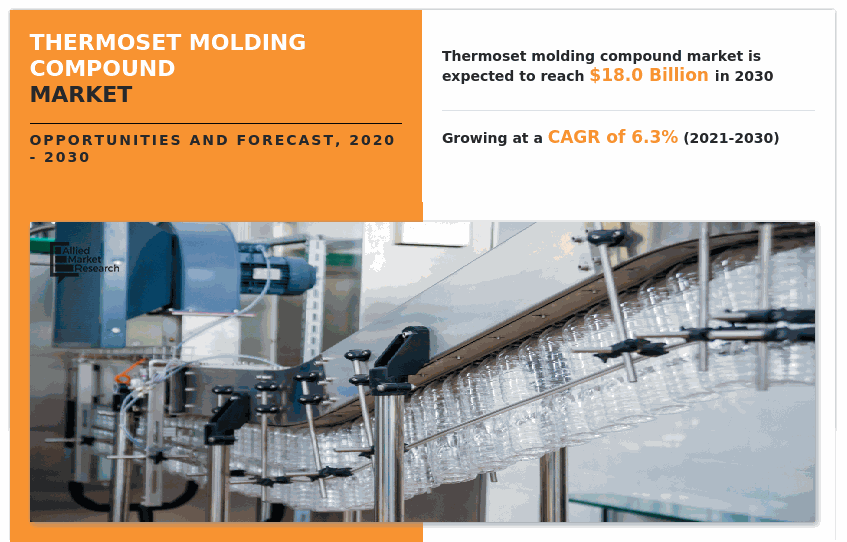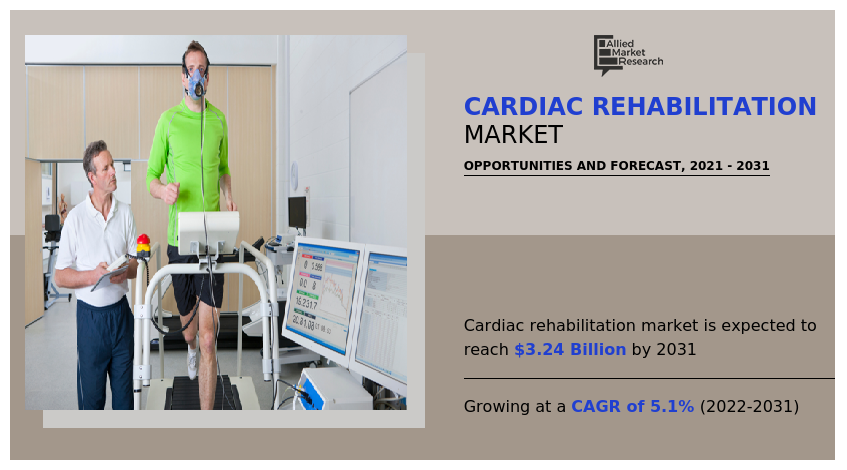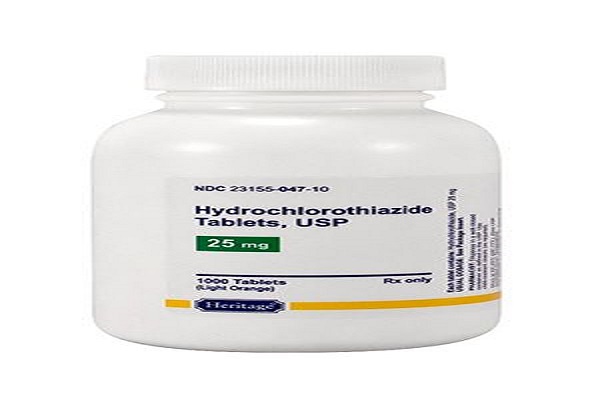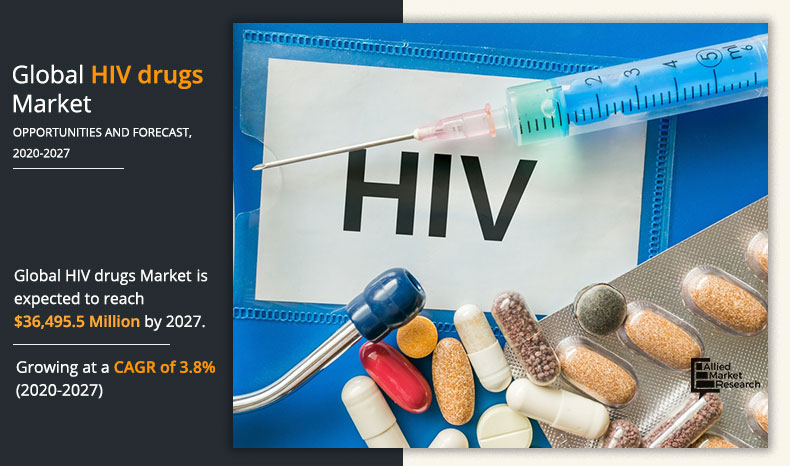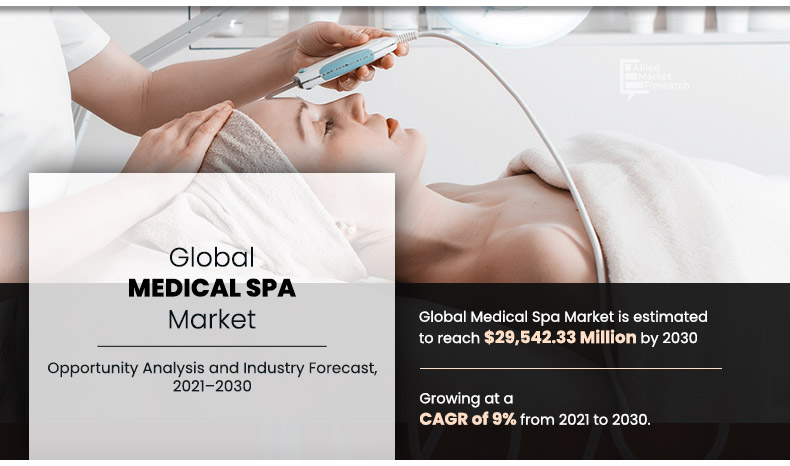Thermoset Molding Compound Market size will witness a significant growth rate during over 2020-2030. growing demand for heavy metals and safety in transportation and aerospace sectors, advantageous properties of thermosetting molding compounds such as their anti-corrosive nature, greater heat resistance, and toughness, which make them ideal for use in electrical & electronics applications, superior performance of these compounds as compared to other substitute products such as metals and thermoplastics, and increase in investment in the electronics sector and transportation infrastructure of developing countries drive the growth of the market. The advent of nanotechnology and the spike in demand for fuel-efficient and lightweight vehicles present favorable growth opportunities for the industry.
Download Sample PDF: https://www.alliedmarketresearch.com/request-sample/1906
In terms of region, Asia-Pacific held the major share in 2020, grabbing nearly half of the global market and is expected to rule the roost through 2030. The same segment is projected to register the highest CAGR of 6.89% during the forecast period.
According to the report published by Allied Market Research, the global thermoset molding compound market garnered $9.8 billion in 2020, and is estimated to expand to $18.0 billion by 2030, with a CAGR of 6.3% from 2021 to 2030. The report offers an extensive analysis of changing market dynamics, top segments, value chain, key investment pockets, regional scenario, and competitive landscape.
By Type
- Phenolic Resin
- Epoxy Resin
- Polyester Resin
- Urea Formaldehyde
- Melamine Formaldehyde
- Others
The global thermoset molding compound market is analyzed on the basis of type, end-user, and region. In terms of type, the polyester resin segment held the major share, capturing nearly one-third of the global market in 2020 and is likely to maintain this trend during the forecast period. On the other hand, the melamine formaldehyde segment is predicted to grow at the fastest CAGR of 7.77% through 2030.
Based on end user, the electrical and electronics segment grabbed the largest share in 2020, accounting for more than half of the global market and is expected to maintain its dominance through 2030. However, the aerospace segment is anticipated to grow at the highest CAGR of 7.32% during the forecast period.
Interested in Procuring this Report? Visit Here: https://www.alliedmarketresearch.com/thermoset-molding-compounds-market/purchase-options
Leading players of the global thermoset molding compound market analyzed in the research include Ashland Global Holding Inc., BASF SE, Eastman Chemical Company, Evonik Industries AG, Hexion Inc., Huntsman Corporation, Kolon Industries Inc., Kyocera Chemical Corporation, Plastics Engineering Company (Plenco), and Rogers Corporation.
Similar Report:
- Silicone Potting Compounds Market
- Potting Compound Market
- Melamine Formaldehyde Market
- Elastomers Market
- Purging Compound Market
- Sheet Molding Compound Market
- Vietnam Reinforcement Materials Market
About Us:
Allied Market Research (AMR) is a full-service market research and business-consulting wing of Allied Analytics LLP based in Portland, Oregon. Allied Market Research provides global enterprises as well as medium and small businesses with unmatched quality of “Market Research Reports” and “Business Intelligence Solutions.” AMR has a targeted view to provide business insights and consulting to assist its clients to make strategic business decisions and achieve sustainable growth in their respective market domain.
Pawan Kumar, the CEO of Allied Market Research, is leading the organization toward providing high-quality data and insights. We are in professional corporate relations with various companies and this helps us in digging out market data that helps us generate accurate research data tables and confirms utmost accuracy in our market forecasting. Each and every data presented in the reports published by us is extracted through primary interviews with top officials from leading companies of domain concerned. Our secondary data procurement methodology includes deep online and offline research and discussion with knowledgeable professionals and analysts in the industry.
